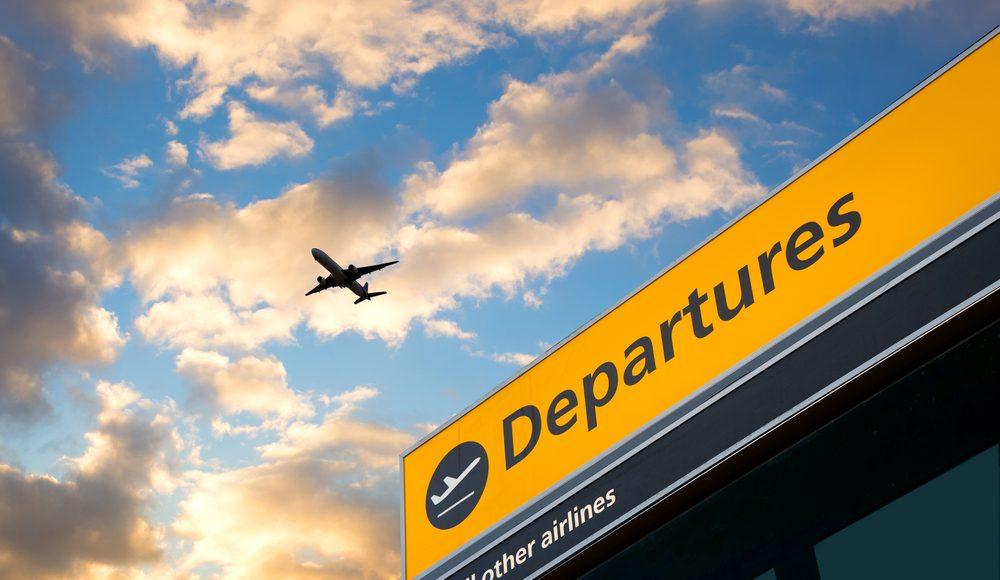Everyone now arriving in the UK must have proof of a negative Covid-19 test to travel.
In addition, all UK travel corridors have closed and everyone must quarantine on arrival for up to 10 days.
The new measures were announced by Boris Johnson last week, in an attempt to control the spread of the virus. The Covid test must be taken three days before travel or travellers could risk a £500 fine. The new rules kicked in at 4am on Monday.
The new rules will be in place until at least 15 February. The government will also impose flight bans from countries where there are new varients. Last week, the UK banned all travel from South America and Portugal.
The travel sector has said that it understands the tighter restrictions, however, it would lead to deeper impacts on the sector.
Tim Alderslade, chief executive of Airlines UK, told the BBC: “We’ve had no revenue now effectively for 12 months, give or take a few months in the summer last year. If we’re going to have an aviation sector coming out of this we need to open up in the summer.”
The head of the Airport Operators Association has warned that some UK airports might be forced to close if restrictions continue.
“Airports are currently keeping their infrastructure open to support vital and critical services, such as post, freight, emergency services, military and Coastguard flights, as well as to help keep the lights in the UK on through supporting flights to offshore oil, gas and wind operations,” said AOA chief executive Karen Dee.
“Airports are doing so while running on empty – there is only so long they can run on fumes before having to close temporarily to preserve their business for the future.”
In response to the new rules, the UK government said that a financial support scheme for airports would open this month.
Dee said the measures would “provide much-needed support to many embattled airports, helping them through the challenging months ahead”.

